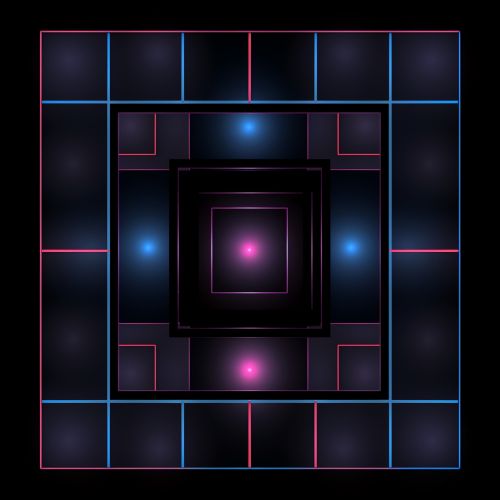Square number
Definition and Properties
A square number, also known as a perfect square, is an integer that is the square of an integer; in other words, it is the product of some integer with itself. For example, 1, 4, 9, and 16 are square numbers as they can be written as 1^2, 2^2, 3^2, and 4^2 respectively. The square numbers are non-negative. Because it is possible to arrange square numbers into a square, they have an odd number of positive divisors, while all other natural numbers have an even number of positive divisors.


Square Roots
The square root of a square number can be either positive or negative, since both can be squared to give the original number. For example, the square root of 9 is either 3 or -3. The positive square root is also known as the principal square root, and it is represented without a sign. The negative square root is usually represented with a negative sign in front.
Properties of Square Numbers
Square numbers have several interesting properties. For instance, the difference between any square number and its predecessor is an odd number. This is because the difference between the squares of any two consecutive integers is equal to the sum of these two integers.
Another property of square numbers is that the sum of the first n square numbers is equal to n(n+1)(2n+1)/6. This formula is derived from the method of mathematical induction.
Square Numbers in Geometry
In geometry, a square number can represent the area of a square whose side length is an integer. The square numbers also represent the number of points in a square grid. For example, a square grid with 10 points on a side contains 100 points, thus 100 is a square number.
Square Numbers in Algebra
In algebra, the square of a polynomial is also a square number. If a polynomial has integer coefficients, then the square of this polynomial is a square number. This property is used in many areas of mathematics, including algebraic number theory and the theory of quadratic forms.
Square Numbers in Number Theory
In number theory, the study of square numbers often involves their relationship with other sorts of numbers. For example, a square number is also a rectangular number, since it can be arranged in a rectangle. However, not all rectangular numbers are square.
